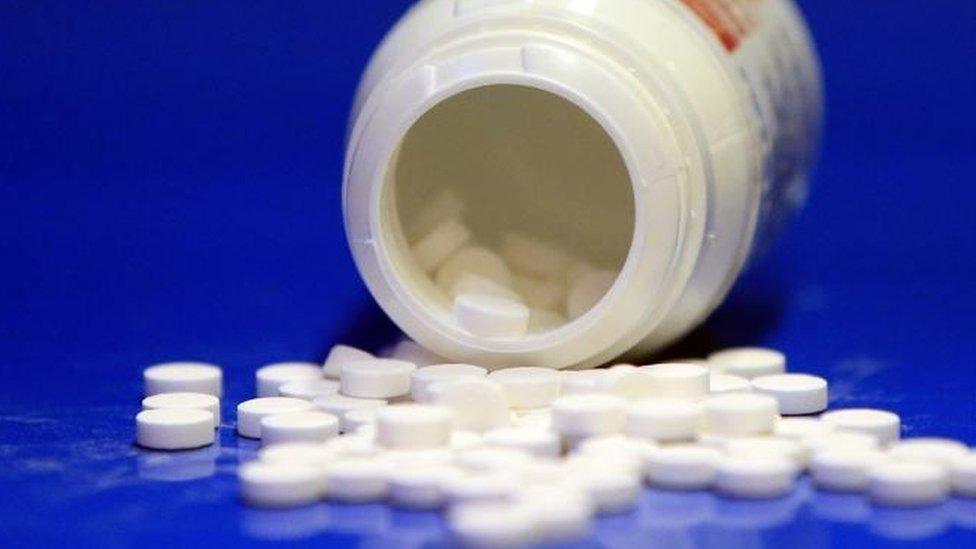Some prescription drug prices rise by 1,000% in 2017
- Published
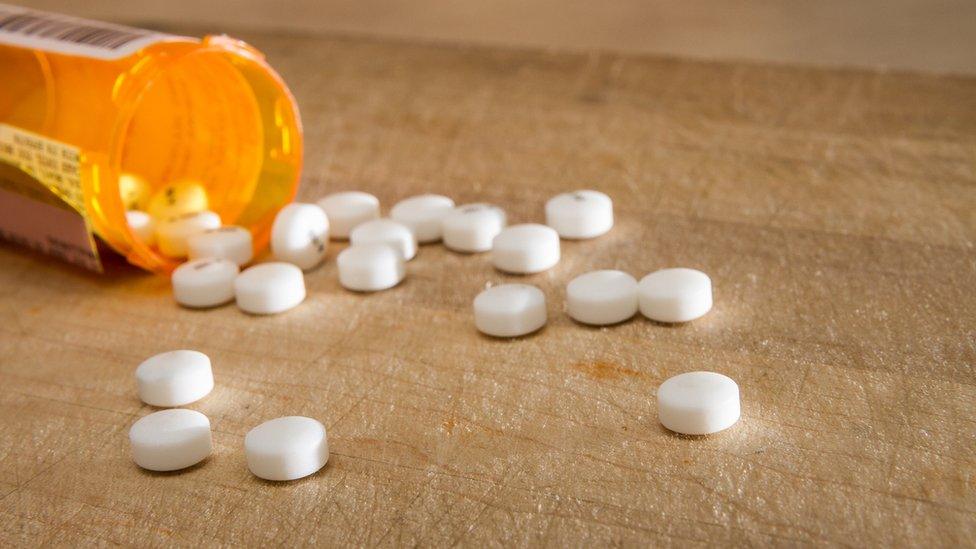
The cost of some prescription drugs increased by more than 1,000% in 2017.
A British Medical Association (BMA) spokesman said the biggest price hikes were for drugs which could not be changed for cheaper alternatives.
He added this caused "problems" for Welsh NHS doctors and pharmacists.
The Welsh Government said it recognised a "particularly volatile" market, but its priority was ensuring patients got the medicines they required.
Pharmaceutical body, the British Generic Manufacturers Association (BGMA), said some increases were down to a shortage of some medicines, after two major UK manufacturing facilities lost their regulatory licence.
Prescription drugs are free to patients, external in Wales after assembly members voted to scrap charges 10 years ago.
Both the BMA and charity Epilepsy Action said cost rises were a further pressure on the Welsh Government's budget.
An analysis of 10 drugs that increased the most showed the Welsh NHS paid an extra £6.4m for these alone between May and September 2017.
The cost of the anti-psychotic medicine Olanzapine was £15,900 in September 2016, but rose to £526,000 by September 2017 - up 3,200%.
Exemestane, which is used to treat breast cancer in post-menopausal women, jumped from £4,000 to £46,000 - a 1,046% increase.
Levetiracetam, for epilepsy sufferers, rose from about £35,500 to £449,000 - up 1,162%.
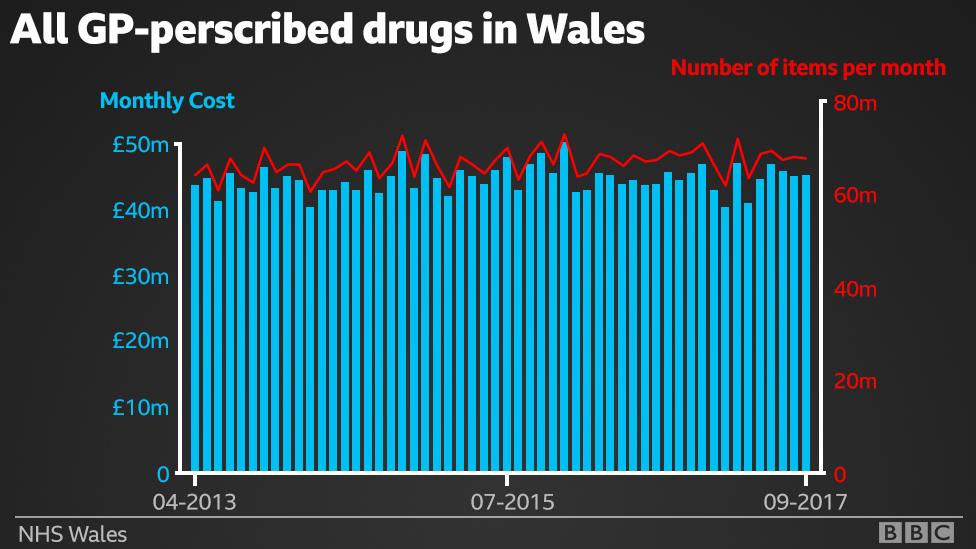
Overall however, the total prescription bill has remained stable. Out of a total NHS budget, which has been agreed for 2018-19, the cost stands at £230m.
"Although, of course in the frame of the entire cost of the NHS in Wales it's quite small, it's still £6.4m which could be spent on patients and other treatments," said BMA Wales' chairman David Bailey.
"What's really interesting is that the three biggest price hikes are on drugs where no doctor would sensibly want to change - anti-epileptics, anti-psychotic drugs.
"Some of the other drugs you could change around fairly easily but with those three certainly not, and they're the three biggest (increases)."
He put some increases down to two very large providers losing their licences, adding: "But it's impossible to believe really that those costs will be 3,000% on an individual drug - I just don't buy that."
He said GPs and community pharmacists were "running around" trying to prescribe suitable alternatives or trying to get better prices.
Mr Bailey believes a bill due to be passed by the UK government should control the cost of some drugs but it will not address all the issues.
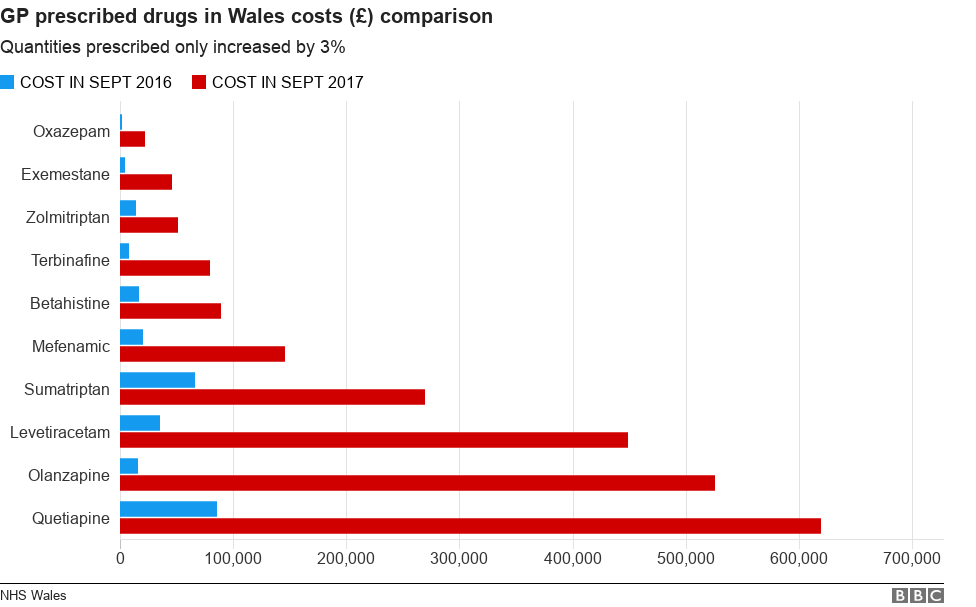
A Welsh Government spokesman said: "The generic medicines market is particularly volatile at present due to shortages of supply of some commonly used medicines.
"Whilst these increases represent a short term cost pressure to the NHS our priority remains to ensure patients continue to receive the medicines they require."
BGMA director general Warwick Smith said most medicines are traded in Euros and US dollars, so a decrease in the value of sterling has exacerbated the problem.
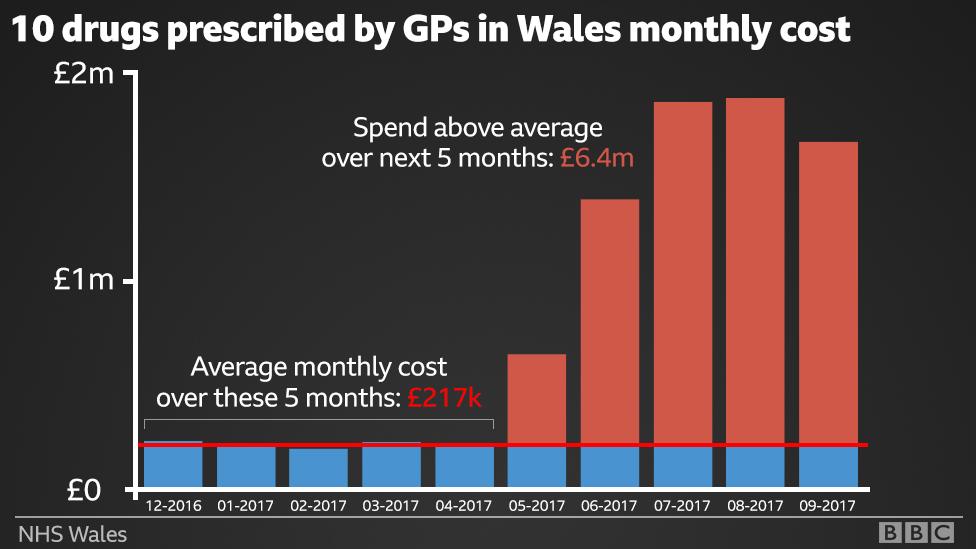
The Competition and Markets Authority currently has eight investigations under way into pricing and competition in the pharmaceutical industry, but would not comment on these.
David Wheeler, 57, from Swansea, was diagnosed with epilepsy after suffering meningitis following a road traffic accident and needs Levetiracetam to control seizures.
"The pharmaceutical company have got them over a barrel - if the NHS doesn't pay what they're asking they won't have the medication," he said.
"I need the medication to stay alive."
Charity Epilepsy Action's Simon Wigglesworth said the problems facing the NHS with cost increases for certain drugs is illustrated by the fact it takes some people months, even years, to find the right drugs to control their seizures.
- Published26 October 2017
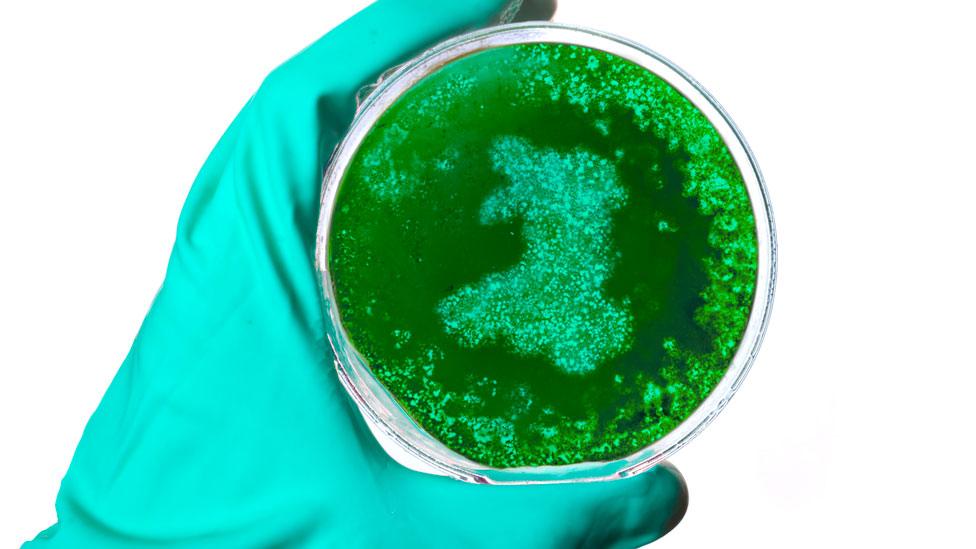
- Published6 April 2017

- Published14 May 2017
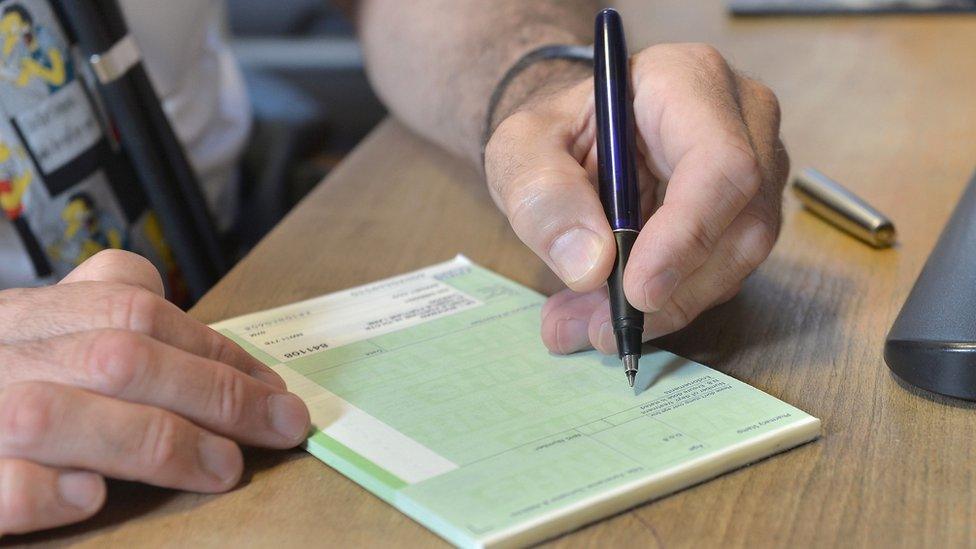
- Published27 January 2015
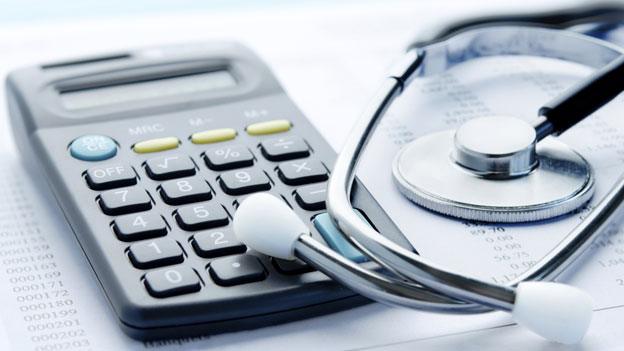
- Published21 November 2017
